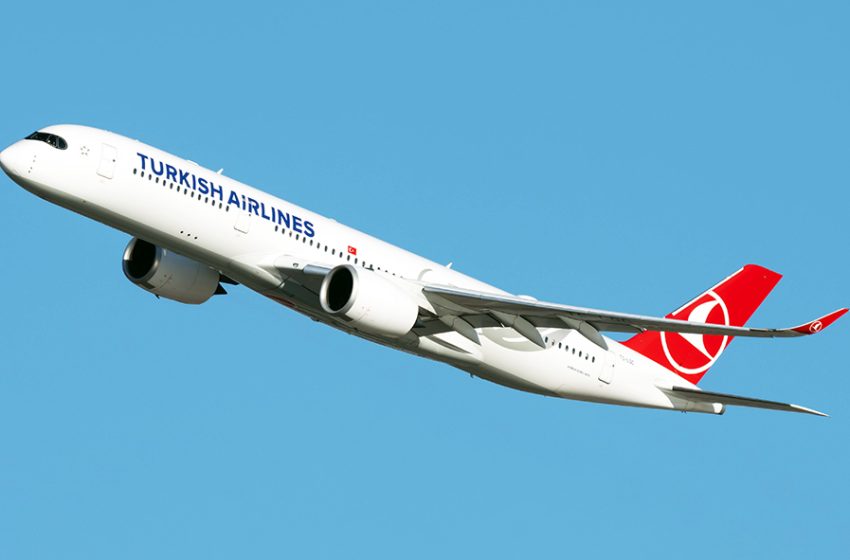RAK Ceramics Selects SAP to Drive Cloud-Based Digital Transformation and Prepare for AI Adoption
Turkish Airlines increased its passenger capacity by 5.4% in the third quarter of 2024, carrying 24.5 million passengers and recording a Profit from Main Operations of 1.3 billion USD

Despite ongoing global geopolitical tensions, bottlenecks in aircraft production, and engine problems, Turkish Airlines continued its growth uninterruptedly thanks to its agility and extensive flight network, increasing passenger capacity by 5.4% in the third quarter of 2024.
In the July-September period of 2024, Turkish Airlines’ total revenues increased by 4.9% year-on-year to 6.6 billion USD, even with the high base effect from the same period in 2023. Passenger revenues, which accounted for 84% of the total, increased to 5.6 billion USD driven by the strong contribution from the Far East region. At the same time, our Incorporation’s third-quarter cargo revenues rose by 47% year-on-year to 911 million USD. Turkish Cargo increased the amount of cargo transported by 16.8% compared to the same period in 2023 and became the world’s third-largest air cargo carrier in September, with a market share of 5.7%, according to data published by the International Air Transport Association (IATA).
Due to competitive pressure on passenger unit revenues along with the negative impacts of global inflationary environment and engine problems on costs, Profit from Main Operations recorded as 1.3 billion USD in the third quarter of 2024. Our Incorporation’s EBITDAR amounted to 2.3 billion USD and EBITDAR margin stood at 35.2%, exceeding both its historical average and peers. Financial income generated through Turkish Airlines’ effective and dynamic portfolio management also played a key role in supporting net profit.
Aiming to expand its fleet to 800 aircraft by 2033 as part of its 100th Anniversary Strategy, Turkish Airlines increased its number of aircraft by 9% in the first nine months of the year to 467 in spite of bottlenecks in aircraft production. As a part of its diversification strategy to minimize financing costs and currency risks while growing its fleet, Turkish Airlines became the first airline outside of China to finance three Airbus A350 aircraft in Chinese Yuan in the third quarter. Additionally, for the first time, our Incorporation secured a sustainability-linked loan for two fuel-efficient A321-Neo aircraft and thus marking its entry into sustainable finance. Known for its achievements all across airline industry, Turkish Airlines attracted attention with its innovative financing structures and received three separate financing awards from Airline Economics.
Employing over 93 thousand people along with its subsidiaries, Turkish Airlines proudly represents its nation in the global air transportation industry with its unique flight network, modern fleet, superior service, and successful performance. In the coming years, our contribution to sustainable growth of the aviation sector will continue in line with our national development objectives and our 2033 strategy.








